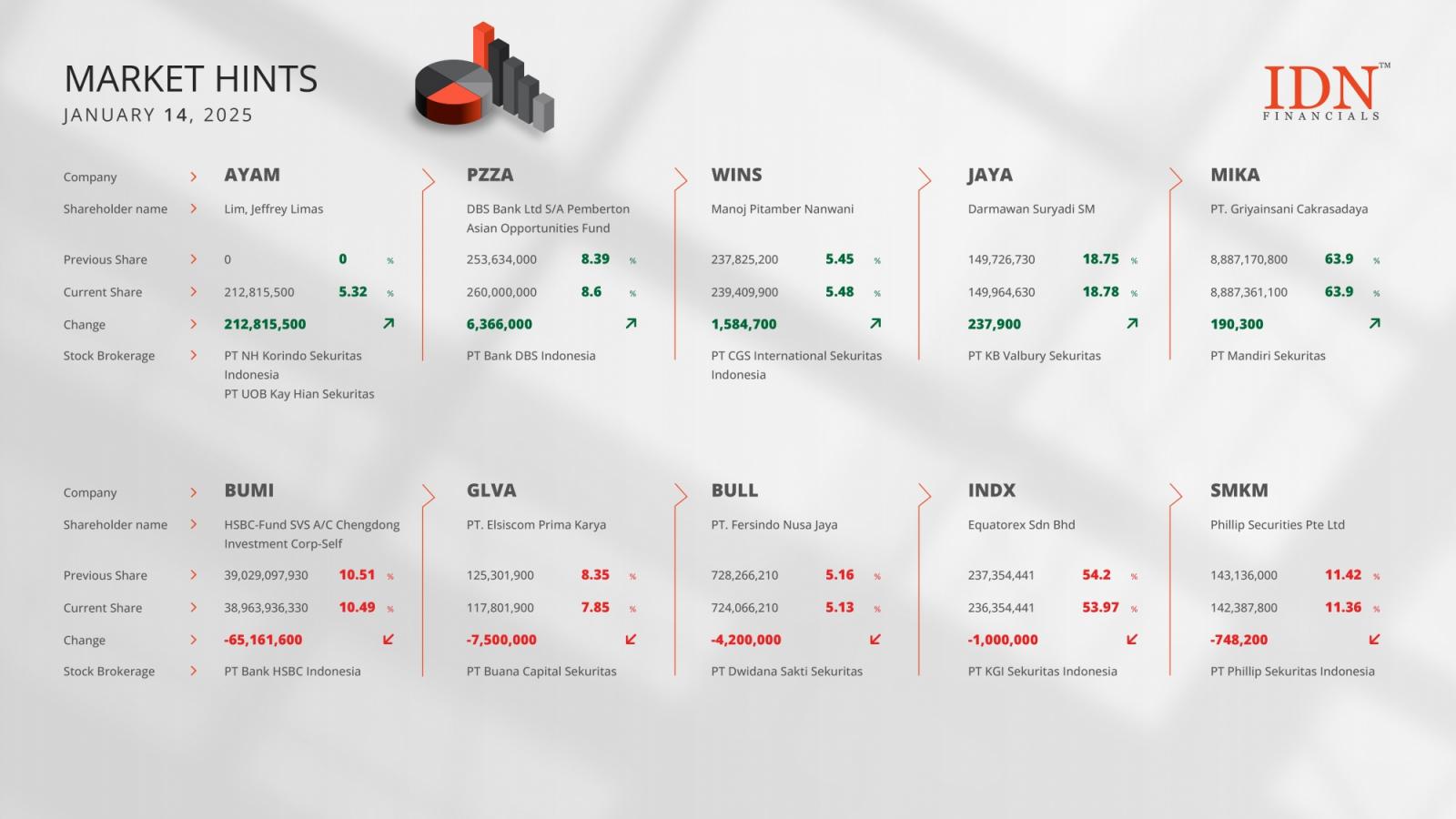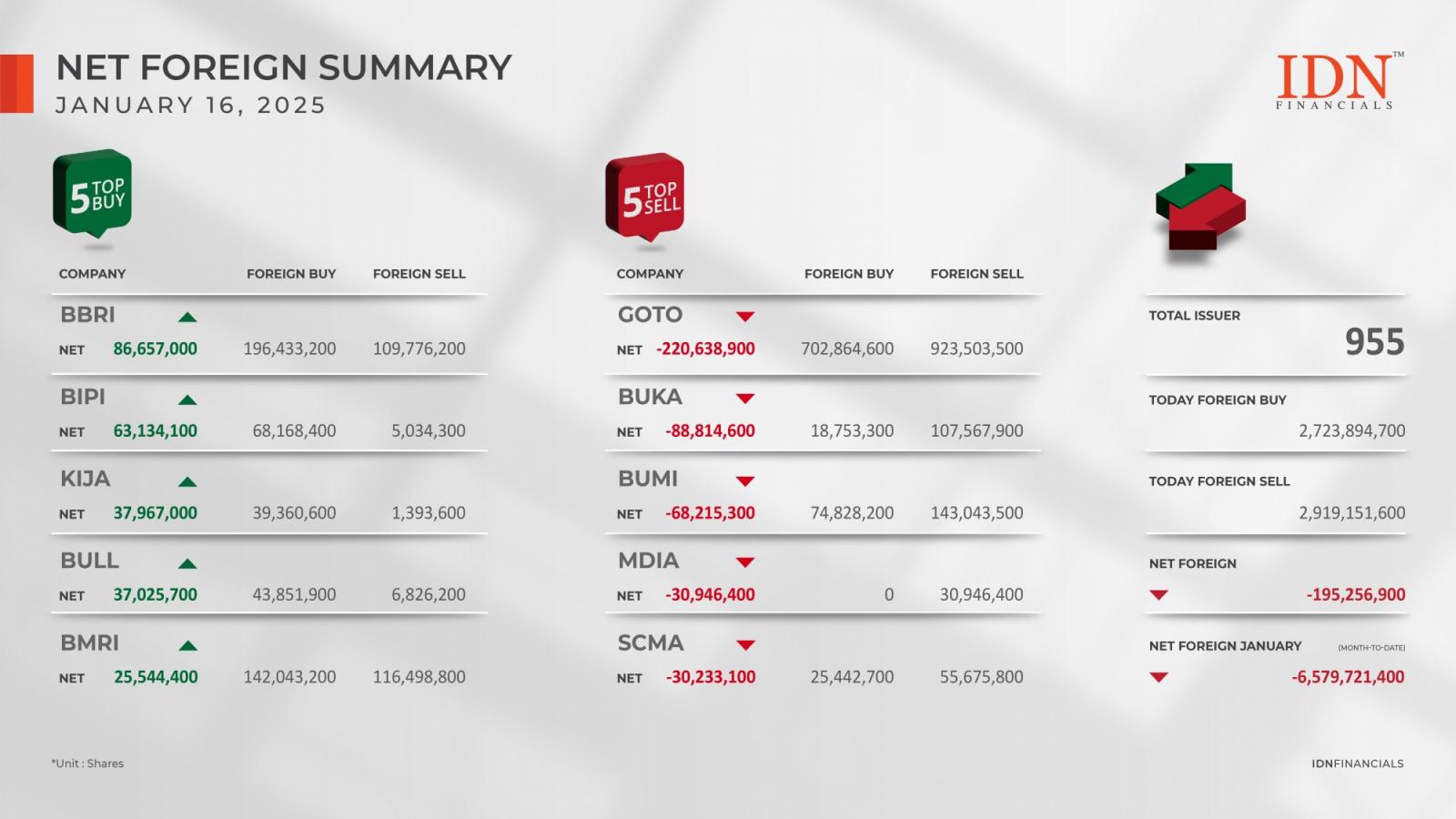
The Eurozone economic growth is projected to pick up next year with acceleration of domestic demand despite risks to global trade from protectionist measures.
In the Autumn Forecast, the European Commission retained the economic growth outlook for 2024 at 0.8 percent. The currency bloc continued to grow at a subdued pace through the second and third quarters amid easing inflationary pressures.
In 2025, growth is set to attain 1.3 percent as consumption shift up a gear and investment to rebound from the contraction in 2024. In the previous Spring report, growth was estimated at 1.4 percent.
Further, growth is set to improve to 1.6 percent in 2026 on continued improvement in demand.
The EU noted that the economic outlook remains highly uncertain, with risks largely tilted to the downside. In addition to the risks related to the wars in Ukraine and the Middle East, a further increase in protectionist steps by trading partners could weigh on global trade, the EU cautioned.
The German economy is forecast to shrink 0.1 percent this year, weighed down by consumption and investment. Going forward, growth is forecast to pick up to 0.7 percent next year and 1.3 percent in 2026.
In France, economic activity remained resilient in 2024 due to public expenditures and foreign trade. From an estimated 1.1 percent growth this year, GDP is forecast to post slower expansion of 0.8 percent next year. Activity is then forecast to pick up to 1.4 percent in 2026.
Meanwhile, Spain is set to expand strongly this year, by 3.0 percent before gradually decelerating to 2.3 percent in 2025 and to 2.1 percent in 2026.
Italys real GDP is expected to grow 0.7 percent in 2024, supported by investment and falling imports. Economic activity is forecast to expand 1 percent and 1.2 percent in 2025 and 2026, respectively, as consumption picks up.
The EU said the disinflationary process that started towards end-2022 continued over the summer. Headline inflation in the euro area is set to more than halve this year, from 5.4 percent in 2023 to 2.4 percent.
It is seen easing more gradually to 2.1 percent in 2025 and 1.9 percent in 2026.
The EU downgraded its inflation outlook for this year from 2.5 percent, while the projection for next year was left unchanged.
With inflationary pressures largely under control, interest rate cuts by the European Central Bank are not only set to be larger but also more frontloaded than just a few months ago, the EU said.
By the end of 2025, the policy rate is projected to fall further to around 2 percent, some 60 basis points lower than expected in spring, and to stabilize around that level for the rest of the forecast horizon.
The unemployment rate is expected to ease to 6.3 percent next year from 6.5 percent in 2024. The rate is forecast to remain at 6.3 percent in 2026.





